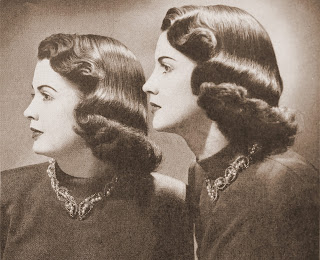New fingerprinting technology will save children’s’ lives
It was thought that fingerprints of children were unreliable for recognizing and identifying children. Research and new technology are showing that the fingerprints of children can matched with very high accuracy, and this will be able to provide great benefits for millions of children.
A baby just six hours old shows distinguishing characteristics in its fingerprints. Research from Michigan State University has found that fingerprints taken from a baby 6 months old can still be recognized one year later.
In a study at hospital in Dayalbagh, India, fingerprints of a group of children from 0 to 5 years old were collected four times over the course of a year. State of the art technology analyzed the prints and had a recognition rate of 98.9%.
Implications are major, especially for children in developing nations. Current statistics show that by the age of 5, more than 5 million children lose their lives to vaccine-preventable diseases. With new technology, healthcare workers can use digital fingerprints to keep track of children’s medical records, such as vaccinations given or due. Children’s fingerprints can also be used to keep track of supplemental food delivery, as well as provide national identification documents for children.
Identifying Children And Saving Lives One Thumbprint At A Time
Anil Jain and Jessi Adler, Sept. 21, 2016, MSU Today, Michigan State University
New Study Shows A Child's Fingerprint Doesn't Age
Jennifer Hicks, Contributor, Sep 22, 2016, Forbes |Tech | Medicine






